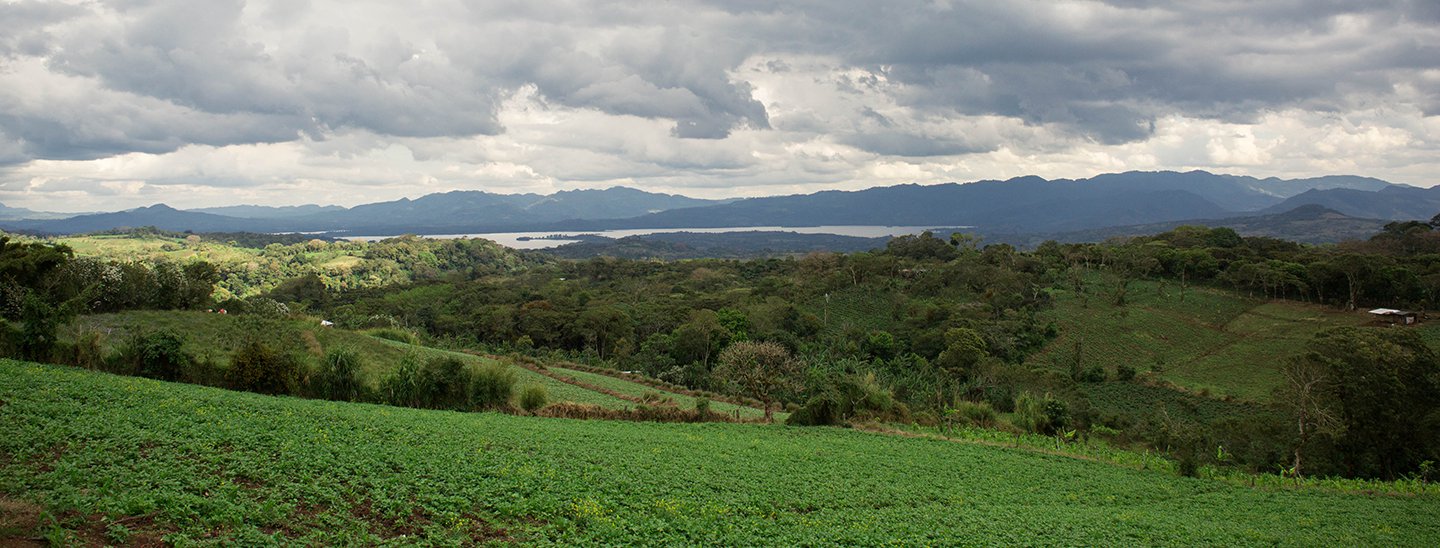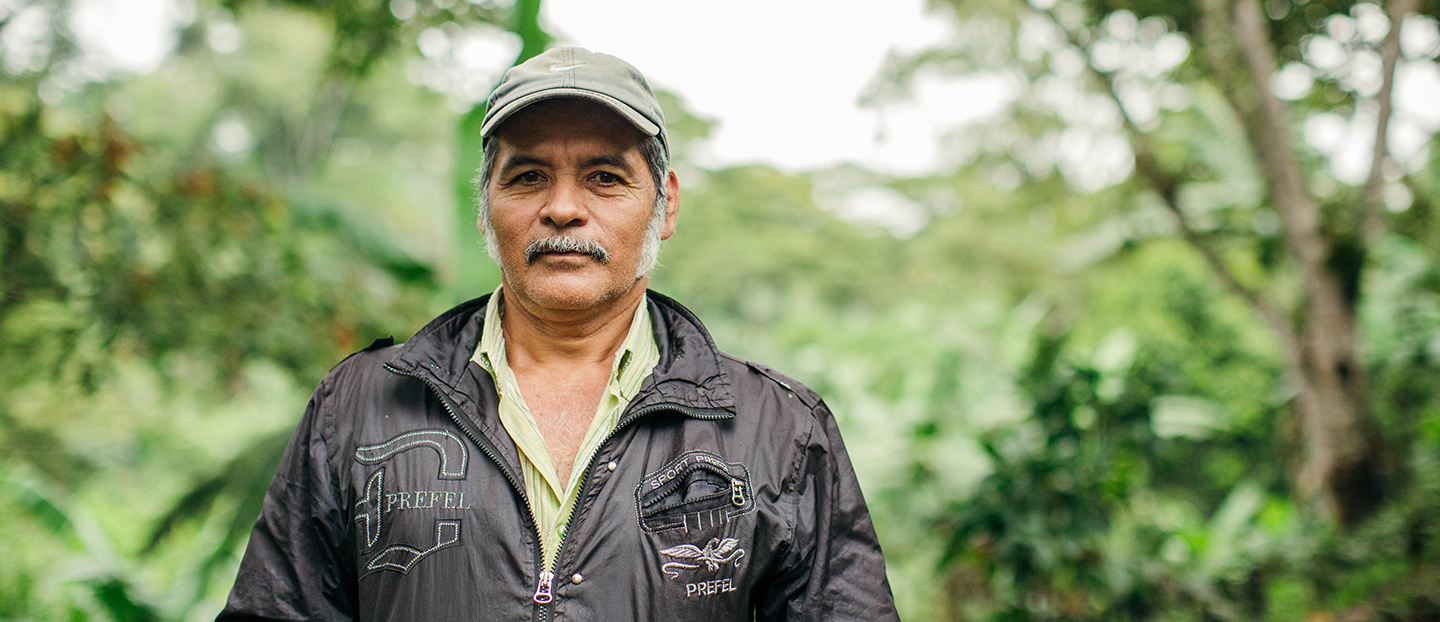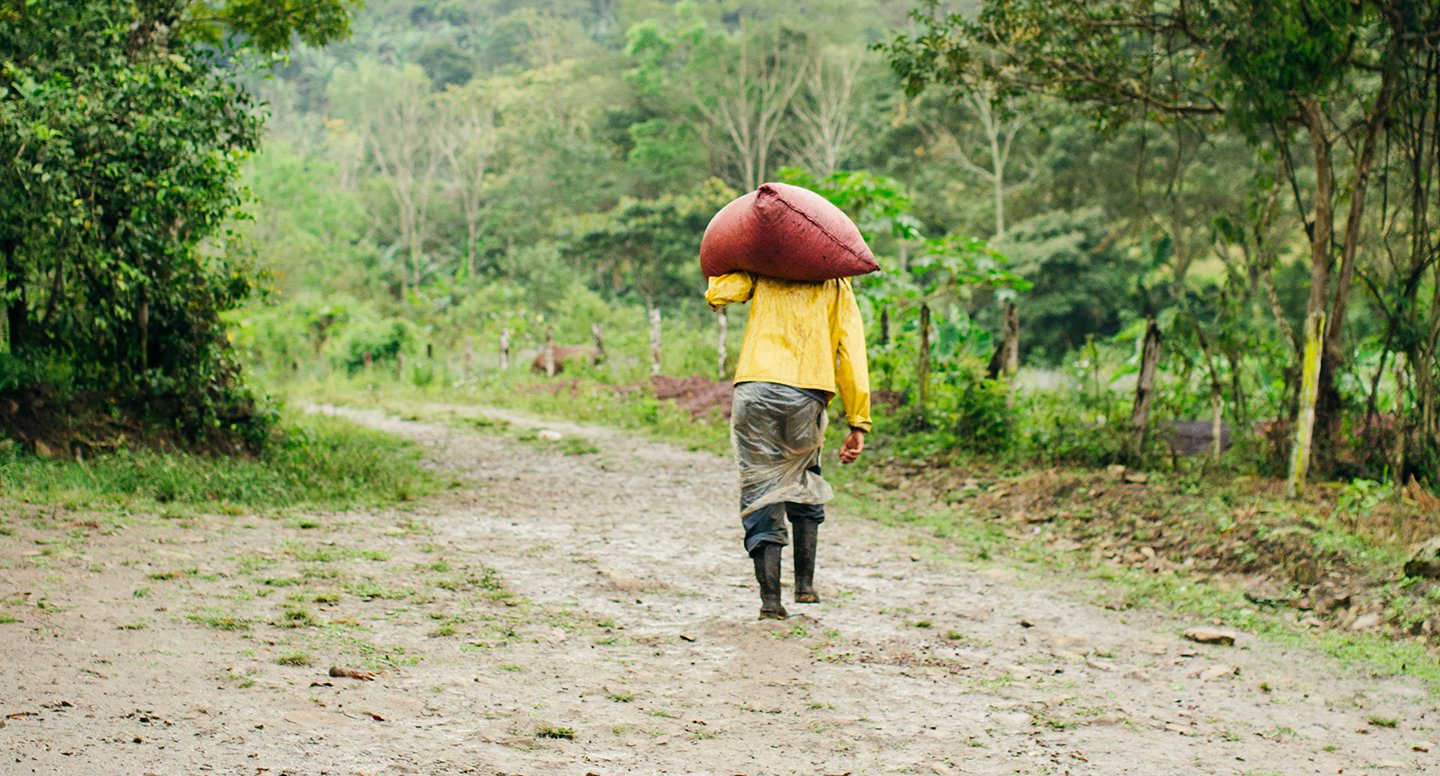Permanent Solutions Require Innovative Initiatives
Integrated Community and School Programming
Education is a universal human right, and Water For People believes that providing adequate water and sanitation services in schools is fundamental to fulfilling that right.
The majority of schools in Nicaragua do not have potable water or adequate toilet facilities, so many students drink contaminated water in schools or lack sufficient quantities of water for drinking.
Handwashing before the school lunch and after using toilets, if there are any, cannot be practiced. Most schools do not meet the minimum government standards and lack child-friendly facilities. Lack of adequate facilities causes numerous health hazards among adolescent girls and women. The lost opportunity of providing adequate school water, sanitation, and hygiene conditions and training in schools affects entire communities over the long term.
Building upon learning the very strong SWASH+ programs that Water For People has implemented in Honduras and Guatemala, Water For People–Nicaragua is implementing programming to improve school water, sanitation, and hygiene. Parent-teacher associations are trained to maintain the infrastructure, and teachers are trained to lead the hygiene education process.
Due to trainings and promotion from Water For People-Nicaragua in collaboration with the Ministry of Education, most schools in San Rafael del Norte and La Concordia are now implementing Hygiene Corners. This tool, adapted from Water For People-Guatemala’s work, allows teachers to integrate hygiene-focused activities into daily lessons.
Market-based Water and Sanitation Programming
Water For People-Nicaragua is a leader among Water For People’s programs on implementation of market-based sanitation programming. Families invest in their own household toilets, accessing credit where necessary, to ensure that sanitation facilities respond to the needs and preferences of each family. Water For People invests in strengthening the supply chain for sanitation products, supports local micro-finance organizations to offer credit for sanitation, and trains local masons and businesses on construction of a range of sanitation technologies to ensure that families have ongoing access to desirable sanitation products and services.
A highlight of this work has been partnerships with two local micro-finance organizations, Aldea Global and FUNDENUSE. Prior to collaboration with Water For People-Nicaragua, both of these organizations offered loans to families for household improvement, agriculture, or to support creation of micro-enterprises. With the support of Water For People-Nicaragua, these organizations have added sanitation loans to their portfolios. This credit for sanitation is not just offered in San Rafael del Norte and La Concordia, but throughout areas of operation of both organizations throughout northern Nicaragua, thus scaling sustainable sanitation programming.
Access to credit is a useful tool not only to expand sanitation coverage, but also for extending and improving water services.
Through support from Water For People-Nicaragua, both Aldea Global and FUNDENUSE now offer loans not only to individual families who wish to construct or improve a household toilet, but also to communities who wish to extend or improve their drinking water system, and families who need a loan to pay a connection fee to a water system. An interesting aspect of this work is that several community water committees have now acquired loans to install household micro-meters on water systems. The installation of these meters has promoted water conservation and thus led to increases in levels of service, especially around continuity of service and making sure water reaches all homes in all parts of the community.
When loans are repaid by families and communities, the funds are revolved to new communities and families to improve water and sanitation services. So with the same amount of capital, Water For People-Nicaragua and the Microfinance organizations are able to help more people than if these funds were simply used as donations.
Community-Based Water System Management
The elimination of the rural aqueducts department of the national water agency in 2007 left rural Nicaraguan communities practically without any support for management of their potable water systems. In rural areas of Nicaragua most water systems are managed by community water committees (CAPs). CAPs gained legal status in Nicaragua in 2010, which allowed them to begin to legally charge tariffs, be exempt from taxes, open bank accounts, contract services, and obtain land titles of water sources. Unfortunately, most systems today do not provide an adequate level of service or they do not connect all households.
Strengthening CAPs is vital to improving the administration, operation, and maintenance of water systems in rural Nicaragua, so Water For People–Nicaragua, together with municipal government partners, dedicates significant time and resources to strengthening them. CAPs are trained on topics such as tariff calculation and collection, meter reading, administration, water quality and treatment, watershed protection, gender equity, and system operation, maintenance, and monitoring.
Current Programming
Water For People–Nicaragua will continue to facilitate water, sanitation, and hygiene education programming to build toward full coverage in water and sanitation services in the municipalities of La Concordia and San Rafael del Norte. This will include collaborating with municipal governments and other local partners to construct and rehabilitate community water systems and to implement school water sanitation and hygiene programming.
To promote sustainability of services, Water For People-Nicaragua staff, in collaboration with municipal government partners, will provide comprehensive training for community water and sanitation committees (CAPS) on topics such as administration, operation, and tariff collection. This will include promoting the use of micro-meters and tariffs based on consumption, as well as tariff levels sufficient to cover operation and maintenance costs of the system and a percentage of eventual major repair and replacement costs. Water For People-Nicaragua staff will also work with the municipal governments of San Rafael and La Concordia to promote hiring sufficient staff in municipal water and sanitation offices to be able to adequately support provision of water and sanitation services in each district. Specific focus will be placed on encouraging each municipal office to hire a professional to take on trainings and support for CAPS long term.
Sustainable Sanitation programming will include finalizing and beginning to operationalize a new Sustainable Sanitation Strategy that will guide programming 2016-2018. A key component of this strategy is to continue to scale current market-based approaches, especially facilitation of credits for sanitation through local micro-finance partners and networks of financial organizations.
Water For People-Nicaragua will analyze the possibility of starting work in a new district: Jinotega. Akvo FLOW mapping of the district to reveal current levels of water and sanitation services is expected to be completed in spring 2016, with a possible signing of an agreement with the municipal government and collaboration on construction of the first water system to follow.





